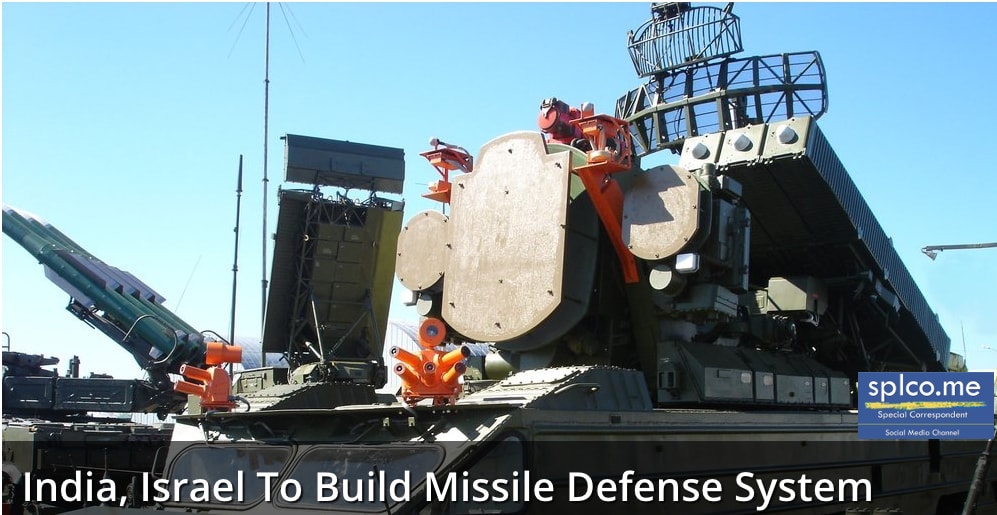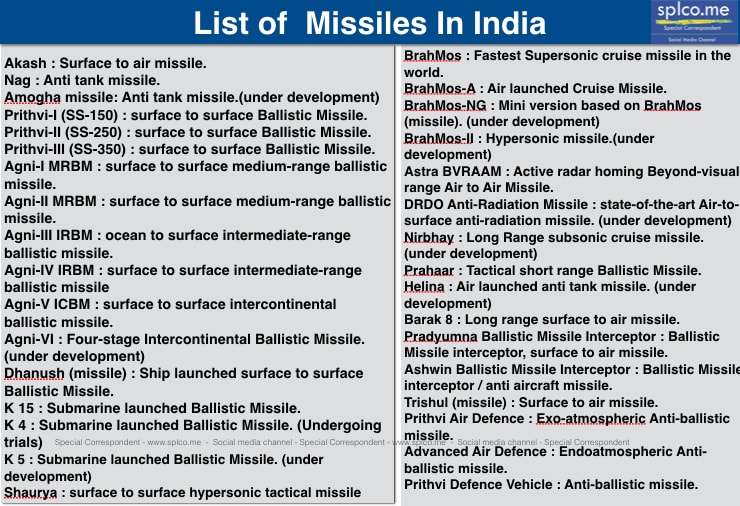An Indian Army official said the Indian Military service has needed a new surface-to-air missile system for more than a decade to replace Russian-made Kvadrat and OSA-AKM systems bought between 1970 and 1980.
In 2008, an attempt to acquire MRSAMs from the global market failed because none of the bidders qualified under India's transfer of technology requirements.
A contract for the MRSAM programme was signed in February 2009. The IAF will buy 450 MRSAMs and 18 firing units at a value of more than $2bn.

The MRSAM JV would initially build two regiments of 36 launchers for the IAF. The missile launcher and the command post would be made in India, with the rest of the complex system - including the missile itself - to be made in Israel. IAI will reportedly supply India with 2,000 missiles capable of intercepting enemy aircraft and missiles within a 70-kilometer range.
The proposed MRSAM, to replace the old Pechora missiles of the IAF. DRDO would station at least 25 of its scientists in Israel for the project. The first prototype was planned in about two and a half years [around 2011] and the development would be completed in five years from its start.
The IAF funded 90 percent of the project, while 10 per cent is funded by the DRDO for the development phase of the MR-SAM. Signed in March 2009, the contract is for 18 fire units (each equipped with 24 missiles) that must be delivered by October 2016.
Each fire unit comes with a radar, three missile launchers, and a sophisticated Combat Management System. Since a missile has a limited shelf life, additional orders for missiles will continue to be placed as they are consumed. The MR-SAM uses the same missile as the LR-SAM to protect its air bases. The ground infrastructure, however, is far more complex.
Israel Aerospace Industries (IAI) said the 10 November 2014 full system intercept test validated all elements of the locally developed air and missile defense system and transitions the program into operational testing as it ramps up to serial production. “The system is now operational,” said Boaz Levy, executive vice president and general manager of IAI’s Systems, Missiles and Space Group.
“All components of sea- and land-based systems were validated under realistic threat conditions,” Levy said of the vertically launched intercepting system designed for persistent defense against saturation attacks by long-range missiles and a spectrum of air-breathing threats. Briefing reporters, Levy said he expected Barak-8 partners in Israel and India to declare initial operational capability (IOC) in “a number of months.”
IAI and DRDO conducted three flight tests of the MRSAM weapon system at the Integrated Test Range off Odisha Coast, India, in July 2016, to validate all missile components. The missile successfully intercepted a moving aerial target in all the three tests. First delivery is now expected by 2017, the source added.
The land version of MRSAM would be an extension of the ongoing Air Force MRSAM project, which is expected to begin induction by 2017, three years behind schedule.
Negotiations for developing the land version had been put on hold two years ago following delays in the Air Force project. However, several rounds of negotiations between Indian and Israeli officials during the last six months have finalised the joint development agreement for the land version, the source added.
The Army has an immediate need for one regiment (18 systems) of MRSAMs at a cost of $1.5 billion, but the total requirement for these systems is estimated to be more than $6 billion, said an Army official. The agreement to jointly develop the land version of MRSAM, which will have a range of up to 70 kilometers, emerged during a Feb. 22 meeting here between visiting Israeli Defense Minister Moshe Ya'alon and his Indian counterpart, Manohar Parrikar, the source added.
The Army mobile MRSAM systems will be jointly developed by India's state-owned defence research agency, the Defence Research and Development Organisation, and Rafael and Israel Aerospace Industries (IAI) of Israel. Under a contract with DRDO, Tata Advanced Systems designed and manufactured combat management systems for the MRSAM programme at its research and development (R&D) facility in New Delhi, India.
Bharat Dynamics (BDL) was the lead integrator for the MRSAM missile systems. BDL established a new production facility in Hyderabad with an investment of $100m to manufacture both MRSAM and LRSAM missiles. When operational, the facility will have the capacity to produce 100 missiles a year. Other contractors involved in the development of the MRSAM include Bharath Electronics (BEL), L&T, Elta, Rafael, and other private industries.
your reviews / critics are valuable to us . your news making skills can also be jointly done in our novel unique social media news making platform kindly get in touch with our team who vows to bring news told in its pure kind from splco Social Media channel for deserved people.


Comments
Comment on this article: